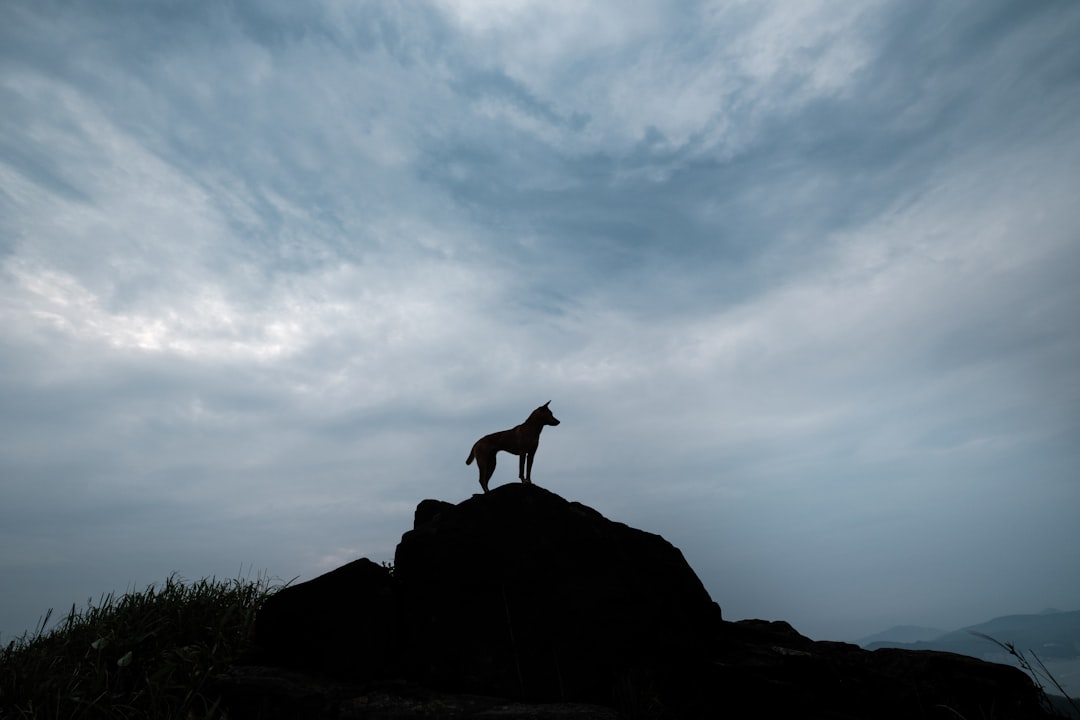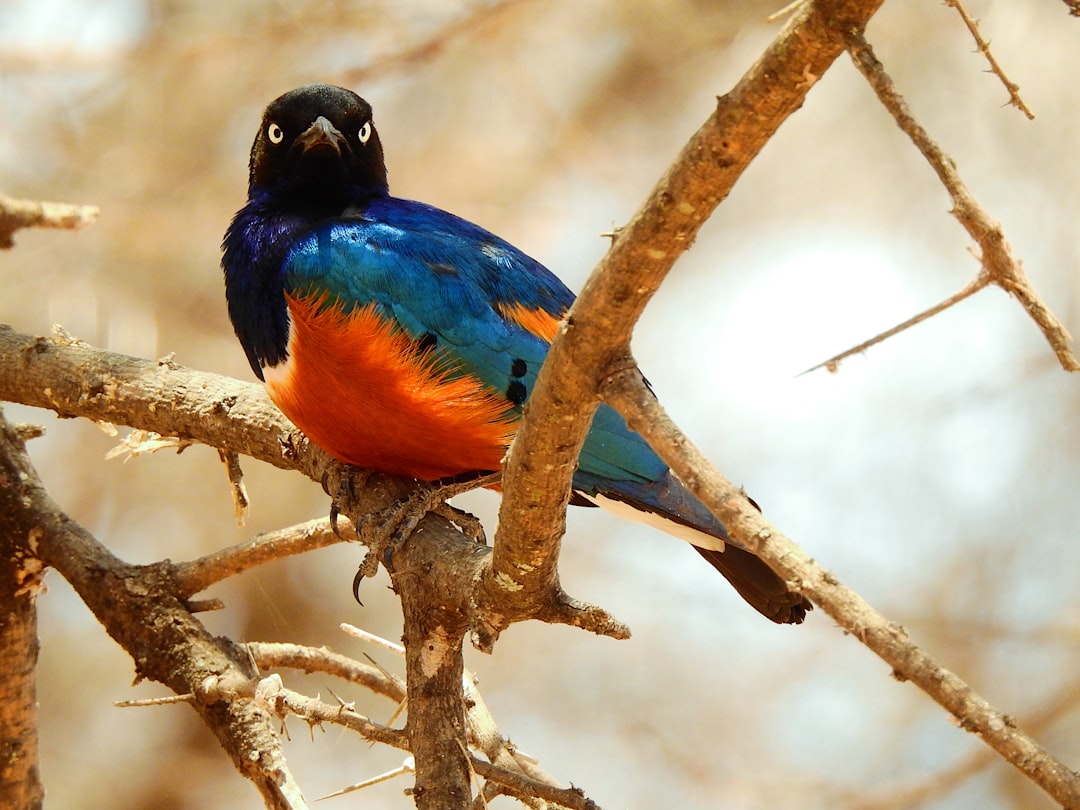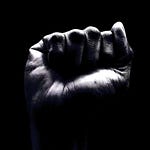In 1992, the second time I ever visited NYC, I showed up in March without a coat. I’d somehow forgotten to bring a winter coat to NYC during winter. I grew up in Eastern Washington so I’d experienced real winters. My reservation is farther north than Minneapolis, Minnesota, and Fargo, North Dakota, so I know winter on a primordial level. And, yet, I didn’t take a coat to NYC in March.
How did that happen?
I think it’s because I was just as flabbergasted to be traveling to NYC for the second time as I had been for the first trip. Maybe even more so. Yeah, I’d graduated from college and was living in Spokane, but I was still mostly an unassimilated and naïve reservation Indian boy unprepared for the mythical city of New York, New York.
During that second trip, I stayed in Brooklyn with Bob Hershon and Donna Brook. And they were incredulous that I’d forgotten to bring a coat. They were also greatly amused and told the story for years. I’m embarrassed, nostalgic, and proud when I remember that innocent and coat-less journey.
Bob was one of my poetry editors at Hanging Loose Press. That March, 1992, they’d just published my first book of poems and stories and it had received an ecstatic front-page rave in The New York Times Book Review. It was a miraculous time—too miraculous, apparently, for me to remember something as simple as a coat to keep me insulated from the near-freezing temperatures.
So I borrowed one of Bob’s coats. He was not a small man but I’m a big guy. So his coat didn’t fit well. The sleeves were a few inches too short and my shoulders strained the seams. The coat was also rather battered. He’d meant to dispose of it at least a decade earlier.
“I don’t know why I’ve kept that thing,” he said.
“It’s good that you have it,” I said. “Otherwise, I’d be an icicle.”
It wasn’t even a winter coat. It was a trench coat with a liner. A torn liner. Bob offered to buy me a new coat—I didn’t have the cash and I didn’t have a credit card—but I declined because of pride.
A day after I arrived in Brooklyn, Bob took me to the New York City Ballet. Yeah, that New York City Ballet, the one founded by George Balanchine and Lincoln Kirstein. Bob and I took the subway to Lincoln Center to watch Swan Lake. It’s something of a cliché that my first ballet was the only ballet I’d ever heard of—indeed the only ballet that most of us have heard of. It’s like a scene from a movie about an underdog minority kid venturing into the elite white world. And I, the poor brown boy poet, was wearing a trench coat at least a decade past its expiration date. But that didn’t matter at all. Certainly not to Bob. He was wearing simple clothes—chinos, parka, and plaid shirt. And not to me. I’d spent my entire life in blue jeans and T-shirts. You might think that I was being harshly judged by all the New York ballet fans in their peacockian finery. But they were New York residents too jaded and polite to pay attention to me. That’s one of the most valuable lessons you can learn in NYC. Despite your own insecurities and self-consciousness, you begin to understand that nobody is paying attention to you at all.
Bob and I sat near the top of the theater. And, no matter my lack of knowledge, I thought then and still think now that those rafter seats were superior because I could see the entire stage at once without ever turning my head. Sure, I was missing the close-up witnessing of the dancers’ muscles but that would’ve just revealed them as extraordinarily fit humans and not the ethereal beings that they were portraying.
And then the ballet began.
The swans floated onstage and were as beautiful as anything I’d ever seen. I cried a little.
“Oh, my God,” I whispered to Bob.
He smiled and shushed me.
And then two swans collided. Yes, they crashed into each other. The crowd gasped. One swan kept her feet but the other fell hard to the floor. They quickly recovered and returned to their dance. But there was still a slight murmur moving through the crowd. But it wasn’t the sound of voices. It wasn’t an audible noise at all. No, it was the weighted silence of people who were now existentially unsettled.
In NYC, I once saw a homeless man panhandling with a pet rat on each shoulder, though I don’t know how domesticated those rodents might have been. On a subway train, I once saw a naked man spraying the air with a can of Lysol. Strange sights, I know, but New Yorkers have often and regularly witnessed even more shocking and unprecedented events.
But nobody—nobody no how—had ever seen two dancers slam into each other while performing for the New York City Ballet at Lincoln Center. They’d hit each other like a football linebacker tackling a fullback. To this day, thirty years later, I still worry about those dancers. Were they fired? I wonder if their careers ended that night and they’ve been teaching ballet to below-average adolescent dancers in Connecticut ever since. I dread the thought of a small dance studio where a bored father leans close to a bored mother, and says, “The teacher was a New York City ballerina…for one night.”
But I wasn’t thinking about the future, or a cruel father’s imagined punchline, as I watched Swan Lake for the first time. I could only be confused by the collision that had just occurred onstage. I turned to look at Bob. I hoped that he had answers. But he was too stunned. I saw the confusion on his face. But more than that, I saw what can only be described as wonderment.
In Bob, I saw the boy that he used to be. He was born and raised in Brooklyn. And, aside from the few years he spent in San Francisco during his 20s, he was a lifelong Brooklynite. He’d lived in the same brownstone for decades. In Bob, I saw the kid who’d played stickball in the streets. I saw the kid who’d often been terribly lonely and grew up in a difficult family with a wonderful sister. I saw the kid whose heart was broken when Los Angeles stole the Brooklyn Dodgers. I saw the kid who’d learned to ride a bicycle while dodging cars on a narrow pothole-mangled street.
I saw the man named Bob internally speaking to the boy named Robbie.
Then he noticed me watching him. He turned toward me.
I’ve traveled to NYC at least fifty times over the last three decades but most of those visits just blur into one another. They end up feeling like one business trip endlessly repeated. And the more predictable and hyper-organized trips make me long for the pre-mobile phone days when I was always lost and needed the help of New Yorkers who were always happy to give the assist.
Sometimes, in the big city, it’s good to be a confused nomad in search of guidance.
So, yeah, my second journey to NYC remains special, even more special that my first journey. And it’s special because of that swan-wreck. It’s special because I sat in the balcony, wearing a borrowed and bruised coat, as the crowd was still murmuring, as Bob took my hand and became a father figure. As he became my poetry father.
“Sherman,” he said with the kind of baffled wonderment— yes, I again say wonderment—that only a great poet can experience. He said my name like he himself had learned something new. He’d never seen two swans briefly share the same exact space and time. He was already writing his poem about it—a poem that he never actually wrote.
And, yeah, I need to tell you now that I’ve never attended any other ballet. Why do I need to after experiencing that first one?
“Sherman,” Bob said again and took a deep breath. Then he looked back at the stage where an odd miracle had just occurred, where the perfect had momentarily become a majestic imperfection.
Where human arms had become swan wings and swan wings had become human arms again.
Where there was magic and mystery and mistake.
“Sherman,” Bob said as he tried to explain the world to me.
“Sherman,” he said. “That never happens.”












Share this post